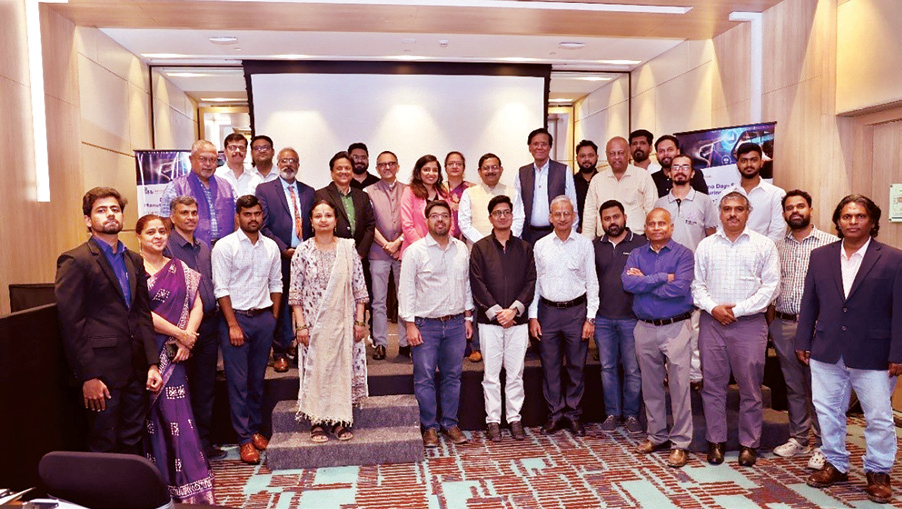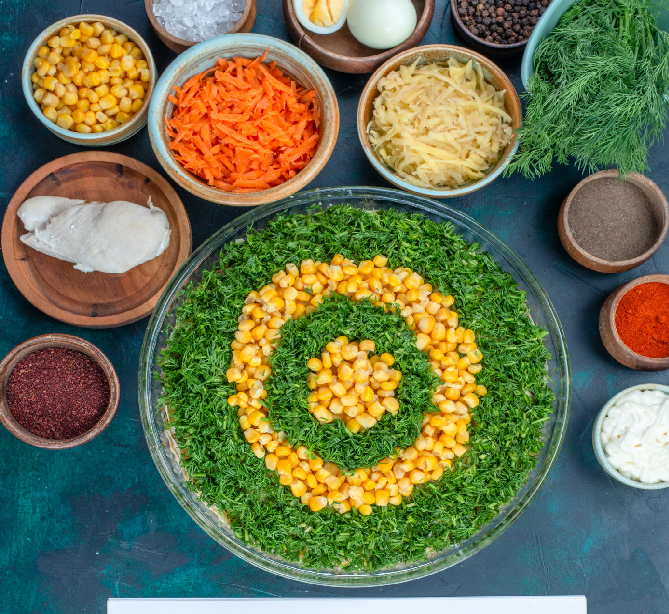
Chai - the drink Bengaluru Can’ t Live Without
Afra Afzal Sait | NT
Bengaluru: Karnataka records a per capita consumption of 822 gm of tea annually and is ranked as the secondhighest tea-consuming state.
These are the ones where the per capita consumption ranges between 800-1,000 gm and include Himachal Pradesh and Rajasthan. India is the world's largest consumer of tea in terms of volume.
September 21 happens to be the National Chai Day. The consumption preferences for coffee and tea in India have undergone a reversal, with more coffee being consumed in the North and tea becoming the preferred drink in the South, according to a survey conducted by News Trail.
Chai, a spicy tea served hot with milk and sugar, is popular among locals and tourists. It is consumed several times on an average day and is an addiction deeply ingrained in Indian culture.
Tea has a long and rich history, with China being considered the birthplace of tea consumption. The British introduced tea to India in an effort to break the Chinese monopoly on tea.
While India is now the largest consumer of tea globally, the per-capita consumption remains relatively modest at 750 grams per person annually.
However, there has been a recent surge in the consumption of green tea, particularly in cities, with regions like Kangra witnessing a resurgence in the production of green tea for the domestic market.
One notable tea plantation in Karnataka, the Kelagur Tea Estate, is known for being the highest-grown Orthodox Tea Estate in the world. The process of tea-making in this plantation has been certified as organic, highlighting the commitment to sustainability and environmental stewardship.
The survey conducted by News Trail also revealed that herbal teas are gaining popularity, with individuals choosing them over milk tea. Herbal tea provides hydration along with a boost of vitamins and antioxidants, helping individuals fight diseases, protect against oxidative stress, and lower the risk of chronic illnesses.
Some of the recommended herbal teas include black tea, green tea, oolong tea, purple tea, and herbal infusions like Matcha Tea and Hibiscus Tea.
Matcha tea, in particular, has been found to have various benefits such as liver protection, promoting heart health, and aiding weight loss. Sulaimani tea, which aids digestion and reduces cholesterol levels, is commonly consumed after heavy meals.
Bengaluru has seen the rise of boba tea, reflecting the city's openness to global food trends and its willingness to embrace new experiences. Boba tea has become more than just a beverage; it has become a symbol of Bengaluru's cosmopolitan culture.
Boba teas has two categories, the ones taken with milk and the one without milk. Milk teas can include powdered or fresh milk, condensed milk, almond milk, soy milk, or coconut milk.
Tea plantations in India have significant ecological benefits as well. India is the second-largest tea producer in the world, with tea grown in Darjeeling, the Nilgiris, and Assam.
Tea plantations have been found to sequester a substantial amount of CO2, with each plantation capable of sequestering around 1,026,800 kg of CO2 per year.
They also support native biodiversity by incorporating native tree shades and organic farming practices. For example, a study conducted in tea plantations of the Nilgiris documented the presence of elephants, tigers, leopards, and a wide variety of plant and animal species, including medicinal plants.
Considering these findings, it is evident that tea plantations in India have the potential to contribute significantly to carbon sequestration and support diverse ecosystems.
The consumption trends of coffee and tea, along with the ecological benefits of tea cultivation, highlight the importance of these beverages in Indian culture and the role they play in sustaining both the people and the environment.
 English daily published in Bengaluru & Doha
English daily published in Bengaluru & Doha






